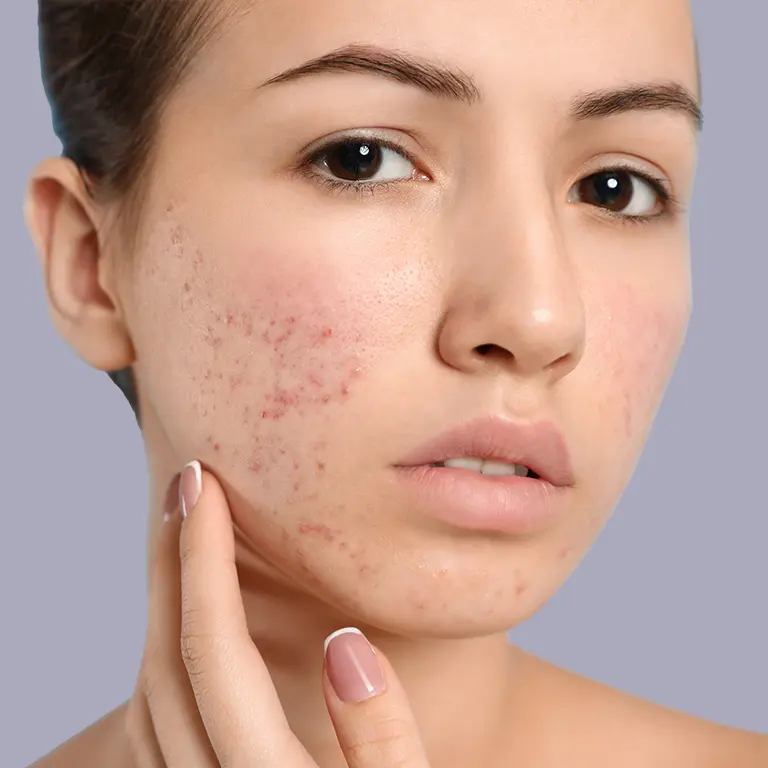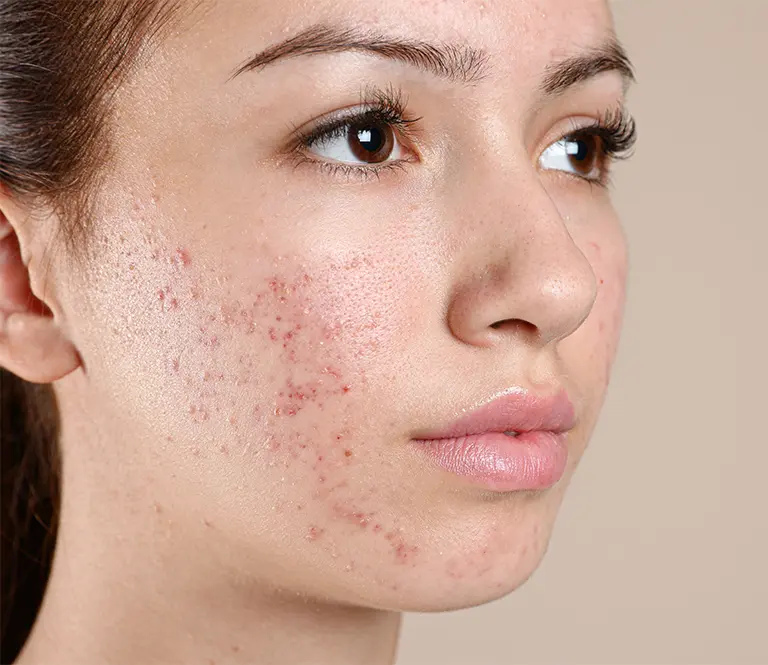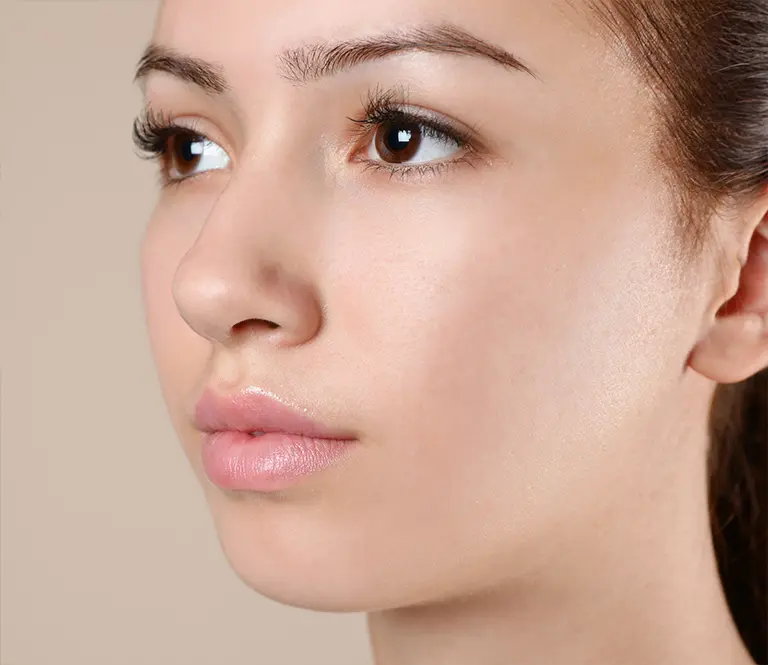Acne
Acne is a common skin condition that causes spots and oily skin.
The main symptoms of acne are spots on your face, back and chest. Your skin may be oily, or it may be hot or painful to touch.
You can often treat acne with creams and gels bought from a pharmacy. If your acne is severe, then you may need a medication called Isotretinoin. This can be provided by Browns Clinic Dermatology.
Acne is often linked to changes in hormone levels during puberty, but can start at any age. It's also known to run in families.
Acne most commonly develops on the:
face – this affects almost everyone with acne
back – this affects more than half of people with acne
chest – this affects about 15% of people with acne

Results


Types of spots
There are 6 main types of spot caused by acne:
blackheads – small black or yellowish bumps that develop on the skin; they're not filled with dirt, but are black because the inner lining of the hair follicle produces colour
whiteheads – have a similar appearance to blackheads, but may be firmer and will not empty when squeezed
papules – small red bumps that may feel tender or sore
pustules – similar to papules, but have a white tip in the centre, caused by a build-up of pus
nodules – large hard lumps that build up beneath the surface of the skin and can be painful
cysts – the most severe type of spot caused by acne; they're large pus-filled lumps that look similar to boils and carry the greatest risk of causing permanent scarring.
It is best advised to be seen by a dermatology specialist. Browns Clinic can provide Isotretinoin or known as Roaccutane to treat moderate and severe acne.
Please see the information provided in the NHS link for Isotretinoin.
